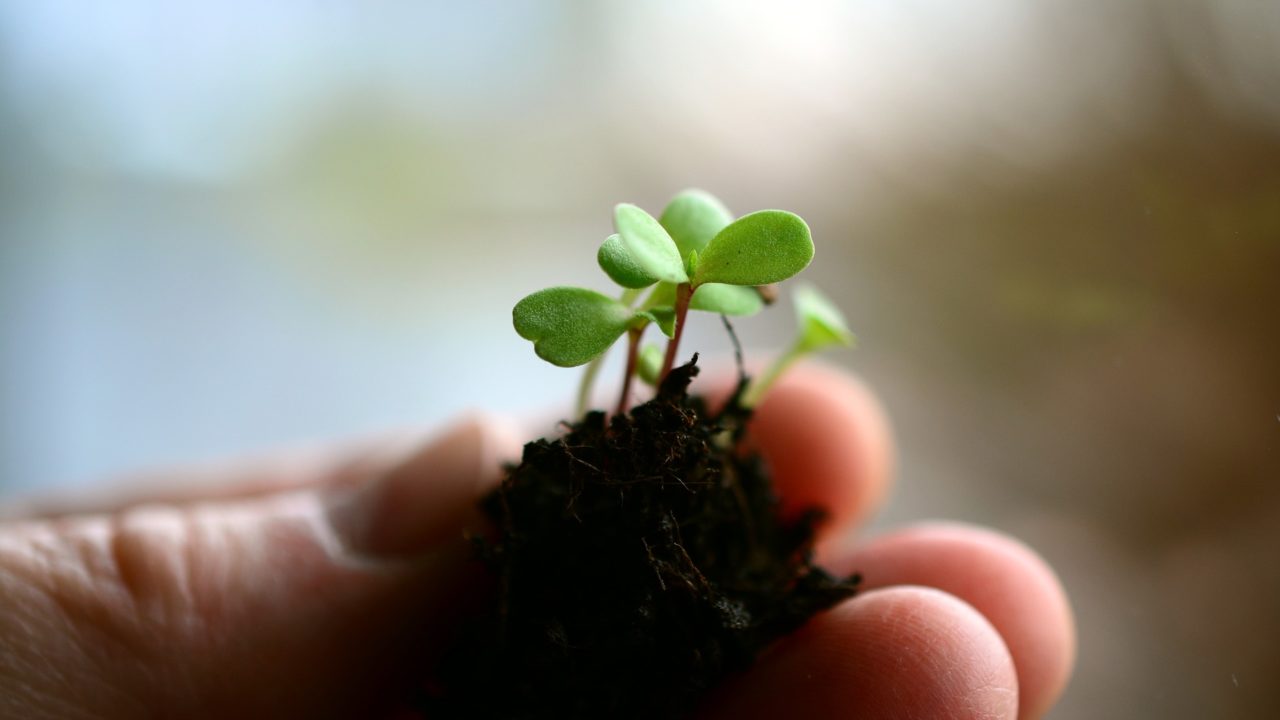Teagasc has confirmed that a number of businesses involved in the trading of carbon credits, have been in contact with the organisation, inquiring into the carbon sequestration potential of Irish soils.
“Sequestered carbon is worth real money. Current emissions trading markets put its value at around €50/t,” commented Teagasc’s Dr. Gary Lanigan.
“So for soils sequestering 2-3t of carbon per hectare per year, this puts an annual carbon credit value on these sites of up to €150.
“And these values are going to go in only one direction – upwards.”
Lanigan took part in Teagasc’s second national crops forum, held online earlier this week.
He continued: “There is already a vibrant carbon credit market in the United States. But we are finding that commercial businesses operating within that sector there are now looking at the potential to extend their operations internationally. And Ireland could be included within this remit.
“US companies are particularly interested in Ireland right now because Teagasc is establishing carbon flux assessments across a range of farms and monitoring sites.”
Carbon credits for Irish farmers?

According to Lanigan, establishing carbon credits and trading them is not an option for Irish farmers at the present time.
But this could happen at some stage in the not too distant future. In these circumstances, farmers could submit individual fields or opt to submit their entire holding for the purposes of a trading arrangement.
“The monies generated from [such] credits will depend on the use to which a specific site is put, and the specific agreement entered into by a farmer and the commercial partner involved,” Lanigan continued.
“E.g. the farmer may elect to establish a new woodland on a 2ha field and submit this as a standalone sequestration project.”
Another option could be for national governments to step in and establish a national offsetting scheme.
“This is already happening in France and New Zealand,” said Lanagan.
“If we go down this road in Ireland, then farmers will probably be expected to submit their entire holdings within the scheme.”
Another facet to the unfolding story, is the growing interest of multinationals and international supermarkets in having farmer suppliers verifying their carbon neutrality, where food production standards are concerned.
“It should be relatively easy for Irish tillage farmers to confirm that they have secured carbon neutrality. But it will be a different story altogether for livestock farmers,” Lanigan concluded.
